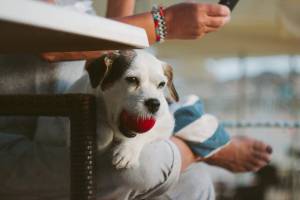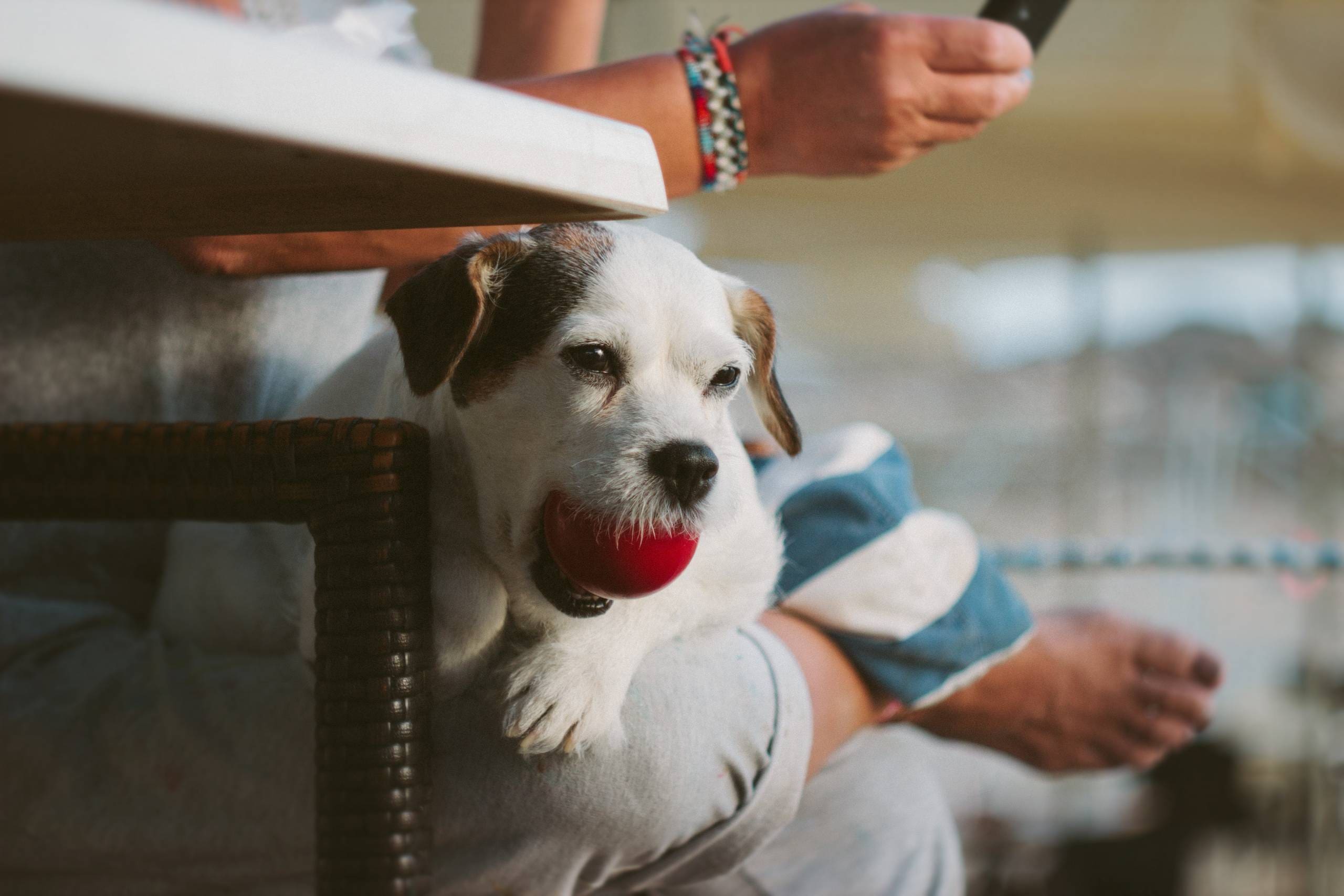
Understanding the Reasons Behind Coprophagia
Before diving into solutions, let’s take a moment to understand why dogs engage in this unappetizing behavior. There are several possible reasons, and identifying the underlying cause can help you tackle the problem more effectively.
1. Nutritional Deficiencies: Some dogs may resort to eating poop if their diet lacks essential nutrients. They instinctively try to compensate for these deficiencies, leading to coprophagia.
2. Boredom or Attention-Seeking: Dogs are intelligent creatures that require mental stimulation and regular exercise. If they feel bored or neglected, they may turn to poop-eating as a way to entertain themselves or gain attention from their owners.
3. Medical Conditions: Certain medical conditions or digestive disorders can cause dogs to develop an appetite for feces. If you suspect this might be the case, a visit to the veterinarian is crucial to rule out any underlying health problems.
Now that we have a better understanding of why dogs engage in this behavior, let’s move on to some practical strategies to help you put an end to it.
1. Maintain a Balanced Diet: Ensure that your furry friend is receiving a nutritionally balanced diet that meets their specific needs. Consult your veterinarian to determine if your dog requires any supplements or dietary changes. A well-balanced diet can address any nutritional deficiencies and reduce the urge to consume poop.
2. Keep Your Dog’s Living Space Clean: Dogs are less likely to eat poop if they are in a clean and hygienic environment. Regularly clean up your backyard, litter box, or any area your dog has access to. By removing the temptation, you can discourage this behavior.
3. Provide Mental and Physical Stimulation: Dogs need mental and physical exercise to stay happy and healthy. Engage in regular playtime, take them for walks, and provide them with interactive toys or puzzles. By keeping your dog occupied, you reduce the likelihood of them resorting to coprophagia out of boredom.
4. Train and Redirect Attention: Training your dog is an effective way to eliminate unwanted behaviors. Teach them basic commands like “leave it” or “drop it” to redirect their attention away from poop. Reward them with treats or praise when they comply, reinforcing positive behavior.
5. Supervise and Distract: When you’re with your dog outside, keep a close eye on them to prevent them from accessing feces. If you notice them showing interest in poop, quickly divert their attention by calling them over or offering a toy or treat. This redirection will help break the habit over time.
Remember, breaking any habit takes time and patience. Be consistent in your efforts and avoid scolding or punishing your dog, as this can cause stress and anxiety. Instead, focus on positive reinforcement and reward-based training methods.
In conclusion, coprophagia may be an unpleasant behavior, but with the right approach, it can be addressed effectively. By understanding the reasons behind this behavior and implementing the strategies outlined in this article, you can help your dog overcome this habit and enjoy a healthier and happier life together.
[/fusion_text]

